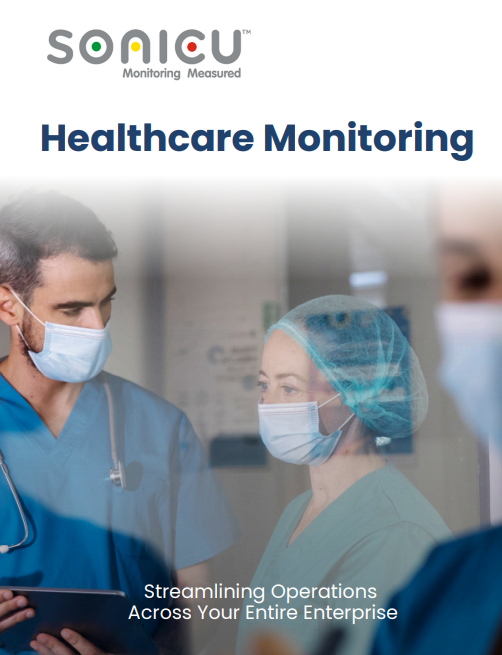
Healthcare Monitoring
Overview of Sonicu's cloud-based platform for real-time environmental monitoring.
Designed with safety, efficiency and compliance always top of mind, we’ve evolved over a decade with continuous improvements from customer feedback. Serving the healthcare, research and food service industries.
Sonicu offers a comprehensive suite of monitoring solutions
that help organizations safeguard assets, automate compliance and reduce manual processes.
Sonicu offers a comprehensive suite of monitoring solutions
that help organizations safeguard assets, automate compliance and reduce manual processes.
From protecting vaccines and research materials to safeguarding food service and facility operations, Sonicu’s monitoring applications cover temperature, humidity, pressure, and more. Whether you’re in healthcare, life sciences, food safety, or other industries, Sonicu provides visibility, compliance, and peace of mind across all your critical applications.

Understanding Heat Stress and OSHA Regulations: How to Protect Your Employees and Ensure Compliance
Undetected water leaks can quickly lead to equipment failure, compliance violations, and costly downtime. Sonicu’s wireless water leak detection system provides real-time alerts and continuous monitoring to help you respond fast, protecting your people, assets, and productivity.
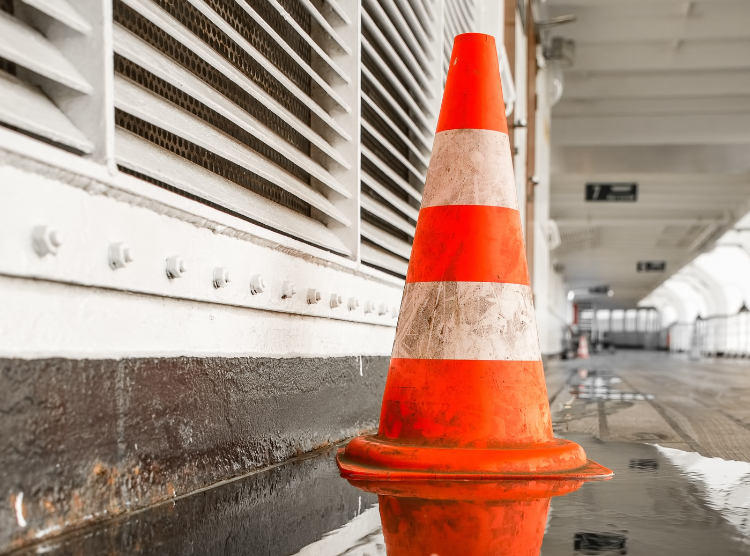

.png?width=95&height=95&name=image%20(9).png)

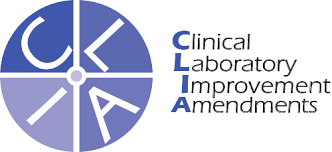


Water leaks in hospitals can cause more than just property damage, they threaten patient safety, disrupt critical care, and expose facilities to costly compliance risks. Sonicu’s wireless water leak detection system helps you act fast, minimizing downtime and protecting what matters most.
Even a small leak can cascade into major operational, financial, and clinical challenges. High-risk areas like mechanical rooms, surgical suites, and IT closets demand constant oversight.
Risks include:

In cleanrooms and compounding pharmacies, even a minor water leak can compromise product integrity, safety protocols, and regulatory compliance. Sonicu’s wireless water leak detection system provides 24/7 monitoring and instant alerts, so you can act fast and stay compliant.
Cleanrooms and compounding areas are designed for precision and control—water doesn’t belong. From HVAC condensate lines to equipment wash-downs and plumbing systems, leaks can occur without warning and escalate quickly.
Risks include:

Protect high-value IT systems and avoid operational downtime caused by unexpected leaks.
A single water leak in a data center can cause catastrophic damage, leading to data loss and massive downtime costs. Sonicu’s leak detection ensures your IT assets remain safe, with early warnings that allow fast intervention. Monitor under raised floors, near HVAC systems, and in high-risk areas to prevent unexpected failures and maintain business continuity with confidence.

Prevent inventory loss and operational delays by detecting water threats before they disrupt your supply chain.
In warehouse and cold storage facilities, leaks can damage valuable goods and force unplanned shutdowns. Sonicu’s real-time water leak detection keeps your operations moving and inventory safe. Receive instant alerts to prevent spoilage, reduce maintenance costs, and ensure that your supply chain stays on track without unexpected surprises.

Protect learning environments and research facilities from water damage and costly disruptions.
Water leaks in educational and research settings can destroy equipment, halt experiments, and disrupt classroom activities. Sonicu’s advanced leak detection technology helps you maintain safe, uninterrupted learning and research environments. Get immediate alerts, act quickly, and protect critical infrastructure and investments across campus buildings and labs.






Healthcare facilities face staffing shortages, reimbursement challenges, and rising compliance demands. Maintaining the Joint Commission standards must be as easy and efficient as possible. Sonicu simplifies your path to compliance and accreditation with automated environmental monitoring, real-time alerts, and audit-ready reporting delivered to your inbox.

Meeting CDC VFC program requirements doesn’t have to be complicated or time-consuming, especially when your time and resources are limited. Sonicu delivers a simple, proven solution to protect vaccine integrity and satisfy state reporting standards without adding to your team’s workload.
Sterile compounding and hazardous drug handling come with strict environmental control requirements. With a full suite of sensors and compliance-ready reports, Sonicu makes it easy to meet USP requirements for temperature, humidity, differential pressure, and cold storage while keeping your staff safe and inspectors satisfied.
.png?width=80&height=80&name=FDA%20Logo%20(2).png)
From 21 CFR Part 11 to audit trails and IQ/OQ validation, Sonicu simplifies FDA compliance. Our platform, designed from the ground up to meet FDA manufacturing requirements, includes security across solutions. Sonicu combines AWS cloud hosting, validated software, and e-signature support to meet electronic recordkeeping and data integrity requirements in regulated manufacturing environments.

Every food service operation and kitchen needs a HACCP plan, but relying on clipboards and manual logs puts your compliance and reputation at risk. Sonicu makes it easy to automate your critical control point monitoring with wireless temperature sensors and cloud-based corrective action logs.

As OSHA expands enforcement around heat stress, Sonicu helps you stay ahead of workplace safety compliance. Our wireless sensors track temperature, humidity, and calculate heat index automatically, helping you identify and respond to dangerous conditions before they impact your team.
Sonicu’s wireless leak detectors and water rope sensors are engineered for rapid deployment and reliable performance in even the most challenging environments. With flexible installation options and AWS-backed data security, you can protect cleanrooms, hospitals, data centers, and critical storage areas with complete confidence. Stay ahead of leaks before they become costly disasters.
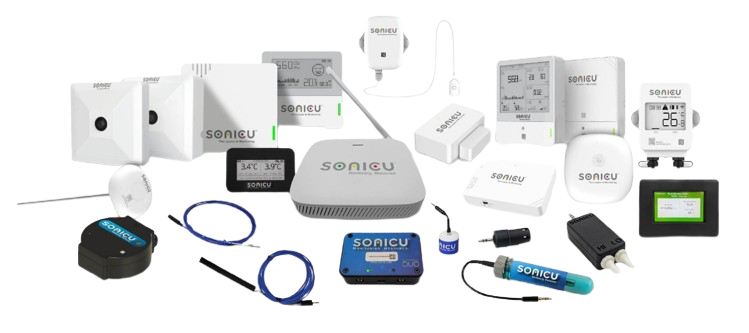

Integrate water leak detection seamlessly with temperature, humidity, pressure, and more, all within the SoniCloud platform. Simplify your reporting, strengthen compliance, and reduce operational risks with a single, unified solution. Sonicu’s all-in-one approach helps you stay proactive, protect critical assets, and maintain peace of mind every day.

Ensure patient safety and regulatory compliance with confidence. Sonicu provides reliable, 24/7 monitoring for vaccines, labs, blood banks, and cleanroom environments, helping you protect patients and maintain critical standards.
Provide automated environmental monitoring that supports a wide range of pharmacy types. Sonicu streamlines regulatory compliance, protects high-value medications, and reduces operational risk. From continuous temperature, humidity, and pressure monitoring, our platform gives you the tools to simplify compliance for USP, BoP, CDC, and more.
Protect food safety at every stage. From manufacturing to distribution and commercial kitchens, Sonicu helps protect food safety at every stage. Our real-time temperature monitoring, smart alerts, and automated digital logs support compliance with HACCP and FDA regulations, ensuring your food stays safe, your operation runs smoothly, and you're always inspection-ready.




















Our policy is to check temperatures on all our fridges and freezers twice a day. With small outlying clinics that aren’t staffed seven days a week, we’d come in Monday morning, hoping the temperatures held steady over the weekend. We needed visibility on the fridges, especially after the loss we just suffered.

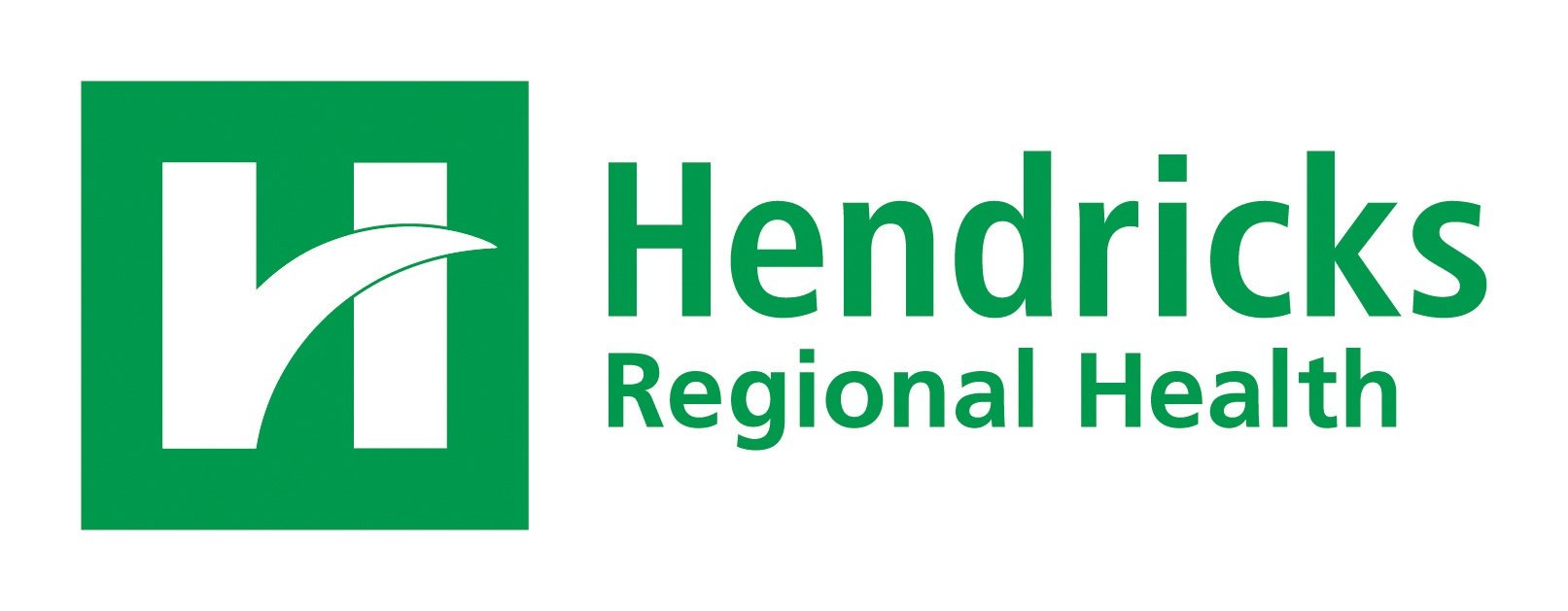


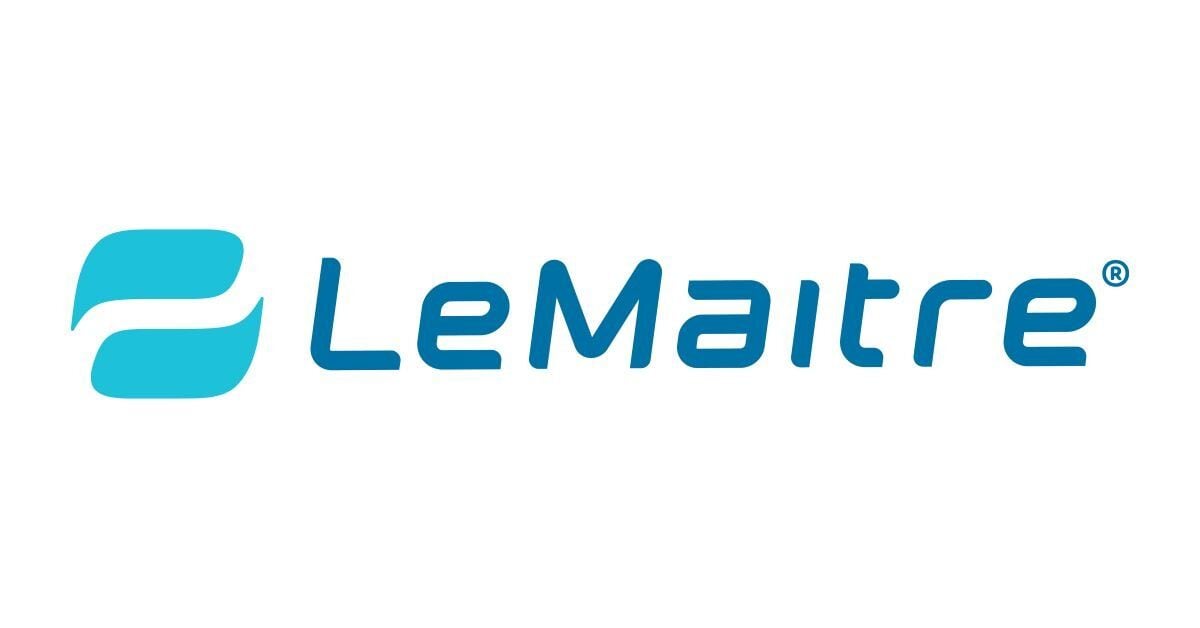





When we put the numbers in front of our leadership and showed them how much time we were going to save with a remote system and automated monitoring versus the time we used to spend managing the system, it was a no-brainer, and we pulled the trigger right away.



